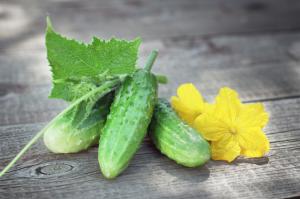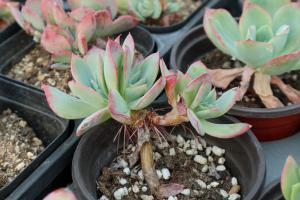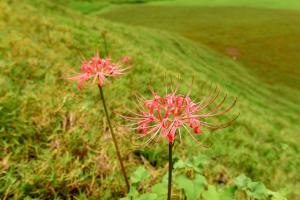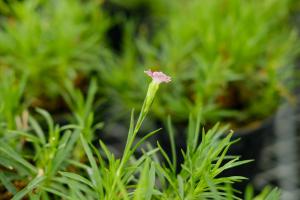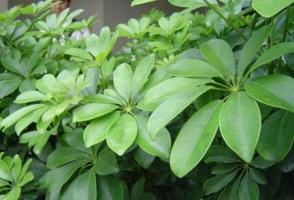Who Planted the Olive Trees in Palestine?
The olive trees in Palestine have a fascinating history. They are thought to be some of the oldest trees in the world, with some being over 2,000 years old. They have been a vital part of Palestine's economy, culture, and identity for centuries. But who planted these trees and what is their significance?
The History of Olive Trees in Palestine
Olive trees have long been associated with the Holy Land and biblical times. According to the Bible, an olive branch was brought to Noah on the ark as a symbol of peace and hope. The olive branch later became a symbol of the State of Israel's official emblem.
The olive tree has been cultivated in Palestine for thousands of years, and its oil has been used for a wide range of purposes. Ancient Egyptians used it for cooking, cosmetics, and medicine, and the Greeks believed that consuming olive oil would lead to longevity and good health. Today, Palestine is one of the world's largest producers of olive oil, and its trees play an essential role in the region's economy.
The Significance of Olive Trees in Palestinian Culture
Olive trees have a deeply rooted significance in Palestinian culture. They symbolize perseverance, continuity, and hope for the future. The tree's ability to survive and thrive in harsh and dry conditions is seen as a reflection of the resilience of the Palestinian people.
Furthermore, olive trees are often passed down from generation to generation, serving as a reminder of family history and tradition. Families will often take great care to protect and nurture their olive trees, which can live for centuries.
Who Planted the Olive Trees?
The origins of Palestine's olive trees are somewhat shrouded in mystery. While it is clear that they have been cultivated in the region for thousands of years, it is unclear who first planted them there. Some suggest that they were brought to Palestine by Phoenician traders, while others believe that the trees were already there when the region was settled by ancient peoples.
Regardless of their origins, the olive trees' significance and place in Palestinian culture are undeniable. They have played a vital role in the region's history and will continue to be an essential part of its future.
The Threats to Palestine's Olive Trees
Despite their cultural and economic importance, Palestine's olive trees face a wide range of threats. The ongoing conflict in the region has resulted in the destruction of many trees, and Israeli settlements have been built on land that was once used for olive cultivation.
Additionally, climate change and water scarcity are making it increasingly difficult for farmers to grow olive trees. Many farmers are being forced to abandon their land and trees due to these challenges.
The Future of Palestine's Olive Trees
Despite these challenges, some are working to ensure the future of Palestine's olive trees. Organizations like the Palestine Fair Trade Association are helping farmers to access international markets and earn a fair price for their crops. Others are working to plant new trees to replace those that have been destroyed or damaged.
Ultimately, the future of Palestine's olive trees is intertwined with the region's political and economic situation. However, as long as people recognize the value and importance of these trees, they will continue to thrive and play a vital role in Palestinian culture and identity.

 how many times do yo...
how many times do yo... how many planted tre...
how many planted tre... how many pine trees ...
how many pine trees ... how many pecan trees...
how many pecan trees... how many plants comp...
how many plants comp... how many plants can ...
how many plants can ... how many plants and ...
how many plants and ... how many pepper plan...
how many pepper plan...